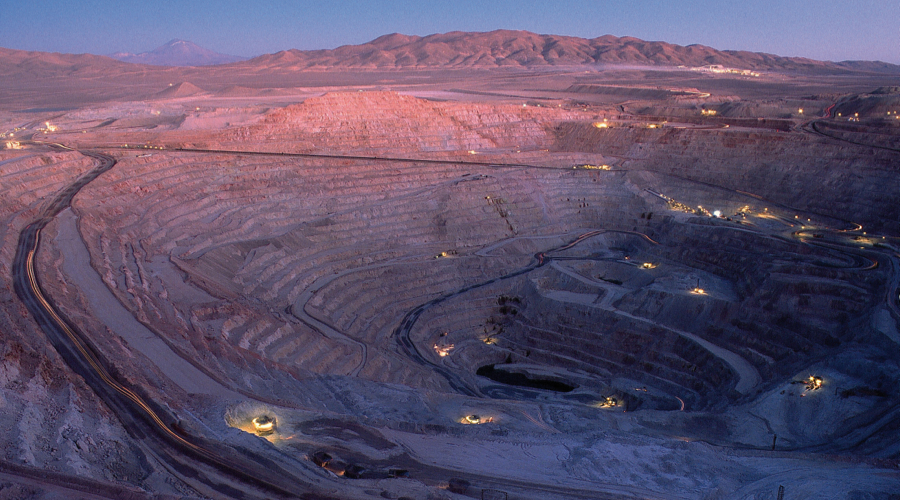
The proposed law, first introduced in 2018 by opposition lawmakers, originally called for a 3% mining royalty for companies mining and exploring for the two metals. The new version would charge a marginal rate of 15% on sales derived from copper prices of between $2 and $2.50 a pound and as much as 75% on cash generated from prices above $4. At current prices, the effective rate would be 21.5%, although miners could discount refining costs from copper sold as refined cathode.
“The sort of reforms that are being put forward at the moment will be really quite damaging to the industry”
Ragnar Udd, president of BHP Minerals Americas
The proposed tax, to be applied on the nominal value of extracted metals, would affect copper miners that produce more than 12,000 tonnes of the metal annually and those extracting 50,000 tonnes a year of lithium.
Half the funds obtained from the royalty would go into a regional convergence fund to finance regional and communal development projects. The other half would directly finance projects to mitigate, compensate or repair environmental impacts from mining activity in communities near mining projects.
“You can absolutely try and take more from the golden goose but you just need to be very clear on what the implications are on that longer term”, Ragnar Udd, president of BHP Minerals Americas, told Financial Times this weekend. “And the sort of reforms that are being put forward at the moment will be really quite damaging to the industry.”
Likely to get blocked
Even before the modification to the bill, the industry had indicated it would likely stifle investments and make Chile less competitive.
Diego Hernández, president of Chile’s National Mining Society (Sonami) and former CEO of copper giant Codelco, has defended the existing system.
In his first term in office a decade ago, centre-right President Sebastian Piñera introduced a complicated system of payments that now charges large producers a variable rate on operating profit of as much as 14%.
The proposed tax would affect copper miners that produce more than 12,000 tonnes of the metal annually and those extracting 50,000 tonnes a year of lithium.
“It brings in the same or more (than a tax on sales) and does not fundamentally affect the less competitive mines,” Hernández told Reuters in March.
Opposition leaders, who are responsible for the bill, believe royalties on copper and lithium produced by companies such as BHP and Albemarle would fund regional development projects, responding to the growing social and environmental push from investors and supply chains.
If the royalty bill gets through senate, Piñera’s administration is likely to block its passage via the constitutional court given it was introduced by the opposition. Ruling coalition lawmakers laid the groundwork for taking the bill to court by presenting a so-called constitutional reservation.
Chile holds about 52% of the world’s known lithium reserves. The nation aims at making the white metal its second-largest mining asset. Lithium is currently the country’s fourth-biggest export.
(With files from Bloomberg)




